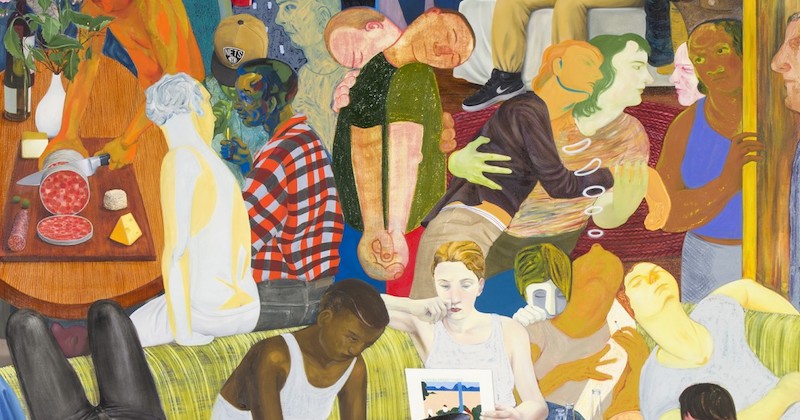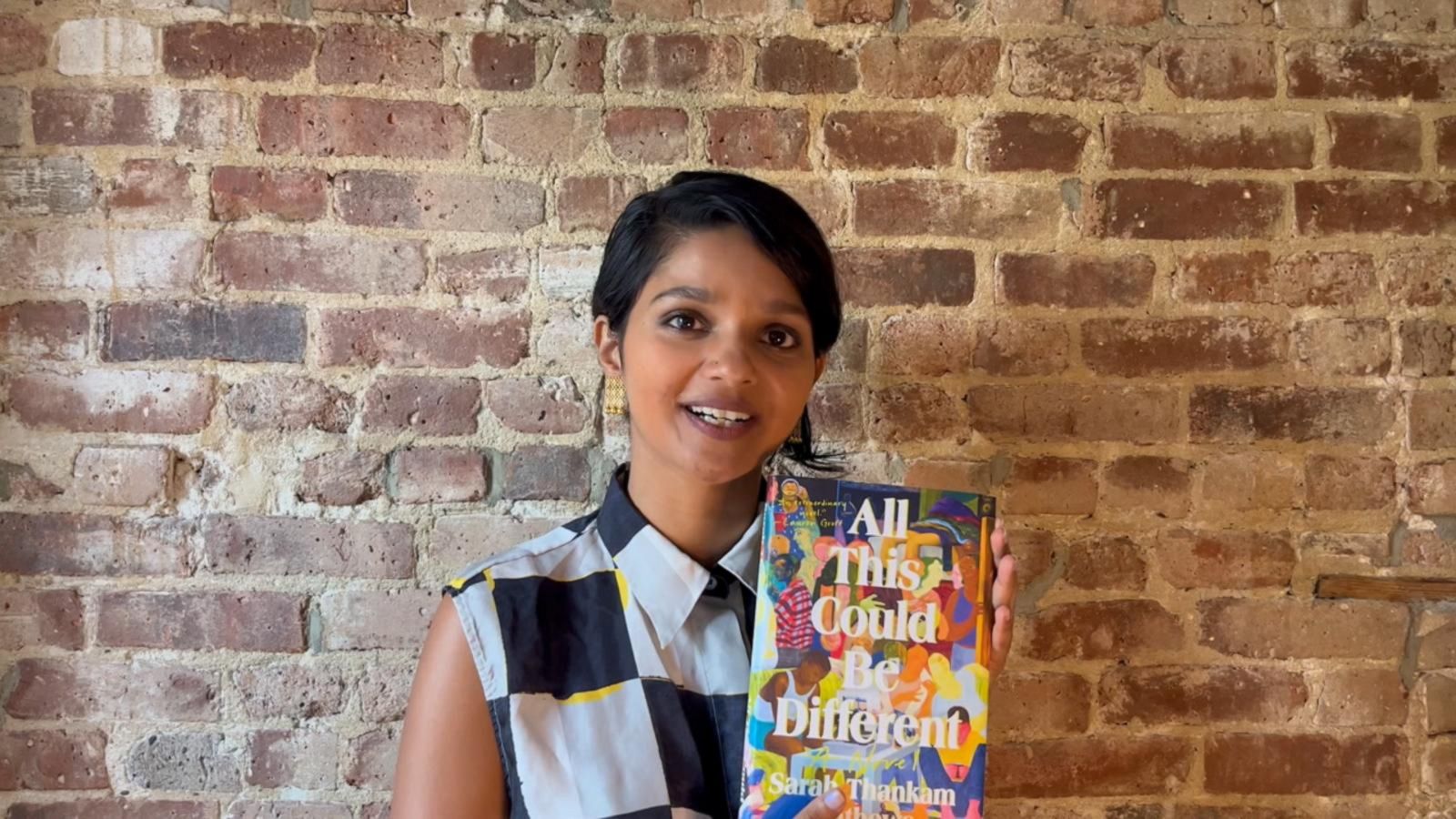

She brings with her a white college friend, Thom, whose Marxist grandstanding is undercut by the fact that both his parents are doctors.

Sneha is “one of the lucky ones,” a twentysomething who, despite graduating into the aftermath of the 2008 economic collapse, still manages to secure a consulting job for a Fortune 500 client. Mathews offers us a panoramic view of mingled desires, fears, and joys that will be familiar to readers of Eliot and Austen, but she does them one better: her novel is about an underrepresented first-generation immigrant, and it’s incredibly gay. “SCENES WHICH MAKE vital changes in our neighbors’ lot are but the background of our own,” George Eliot writes in Middlemarch, yet “they become associated for us with the epochs of our own history, and make a part of that unity which lies in the selection of our keenest consciousness.” Of the contemporary fiction on offer, there are few better illustrations of this sentiment than Sarah Thankam Mathews’s All This Could Be Different, in which the lives of a group of millennials become fascinatingly entangled in the bitter cold of late-aughts Milwaukee.


 0 kommentar(er)
0 kommentar(er)
